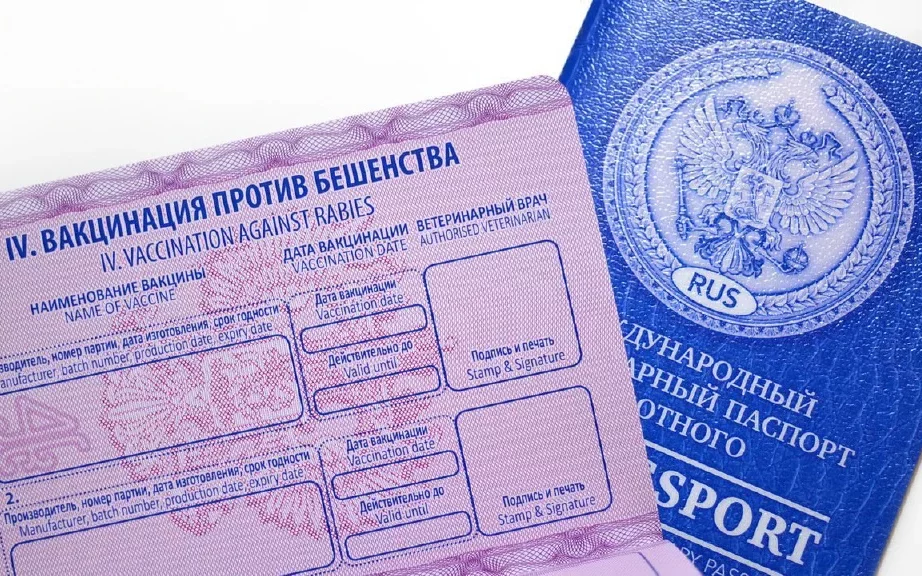
Documents for Taking a Cat Abroad
When traveling with pets, you need to prepare the necessary documents for taking your cat abroad. Europe has strict rules for bringing animals into the region. Incorrectly filled out forms, vaccination dates, or missing vaccinations can ruin your travel experience.
What to Know Before Traveling
If you frequently travel to Europe and don’t want to be separated from your beloved cat, the best solution is to travel with your pet. Many people also take their pets abroad for exhibitions.
The list of documents required for transporting a cat depends on the country of departure and the destination. Each country has different regulations, so it’s a good idea to check with the embassy for an exact list or consult official EU resources.
Organizing travel is easier when the owner keeps up with the pet’s health, conducts regular check-ups, and ensures timely vaccinations. This speeds up the document preparation process.

List of Required Documents
Let’s take a closer look at the documents needed to take a cat abroad:
- International Veterinary Passport: This is valid for the cat’s lifetime and contains crucial information:
- Comprehensive vaccinations for viral diseases, conducted within 12-1 months before departure.Microchipping with the date and location of the chip.Photographs of the animal before it turns one year old.Rabies vaccination details, including the vaccine name, date, signature, and stamp.Treatments for worms and fleas.
The veterinary passport is issued by a veterinary station or clinic with the appropriate license. Up to five pets per person can be transported to the EU, except for exhibition trips, which require written registration.Important: The microchipping note must be made before vaccinations and check-ups to avoid issues and extra costs during customs control. - Electronic Identification: Since 2011, the EU has required pets to be microchipped with a unique code. Microchipping is done through a quick and painless subcutaneous injection.
- Rabies Vaccination Certificate: Must be done within 3-1 months before departure.
- Veterinary Certificate for CIS Countries: Issued by a vet 5-3 days before the trip, including clinical examination results.
- International Veterinary Certificate: Necessary for animals traveling within the EU for non-commercial purposes.
- Certificate of No Breeding Value: Required when relocating permanently.
- Licensed Transport Container.For trips to the USA, an additional rabies antibody titer test is required.
Nuances
Animal travel is subject to the carrier’s consent. Notify them in advance, confirm the cost, and understand their requirements.
Specific countries may have additional requirements, such as:
- Malta: Submit an application to the Veterinary Service 1.5-1 month in advance. Prove that no rabies cases have been reported in the cat’s area for the past six months.
- Finland: Echinococcosis prevention is required.
- Hungary, Greece, Slovakia: Different timeframes for obtaining veterinary certificates.
- Italy, Luxembourg, Portugal: Different rabies vaccination timelines.
- France: Requires notes on vaccinations against distemper and viral hepatitis.
Lack of the necessary documents for taking a cat abroad may result in the animal being quarantined. Take document preparation seriously or seek help from specialists to ensure compliance with the law.
Via Emilia Cattery offers assistance and detailed guidance on preparing your Burmese cat for travel. Contact us for more information.







